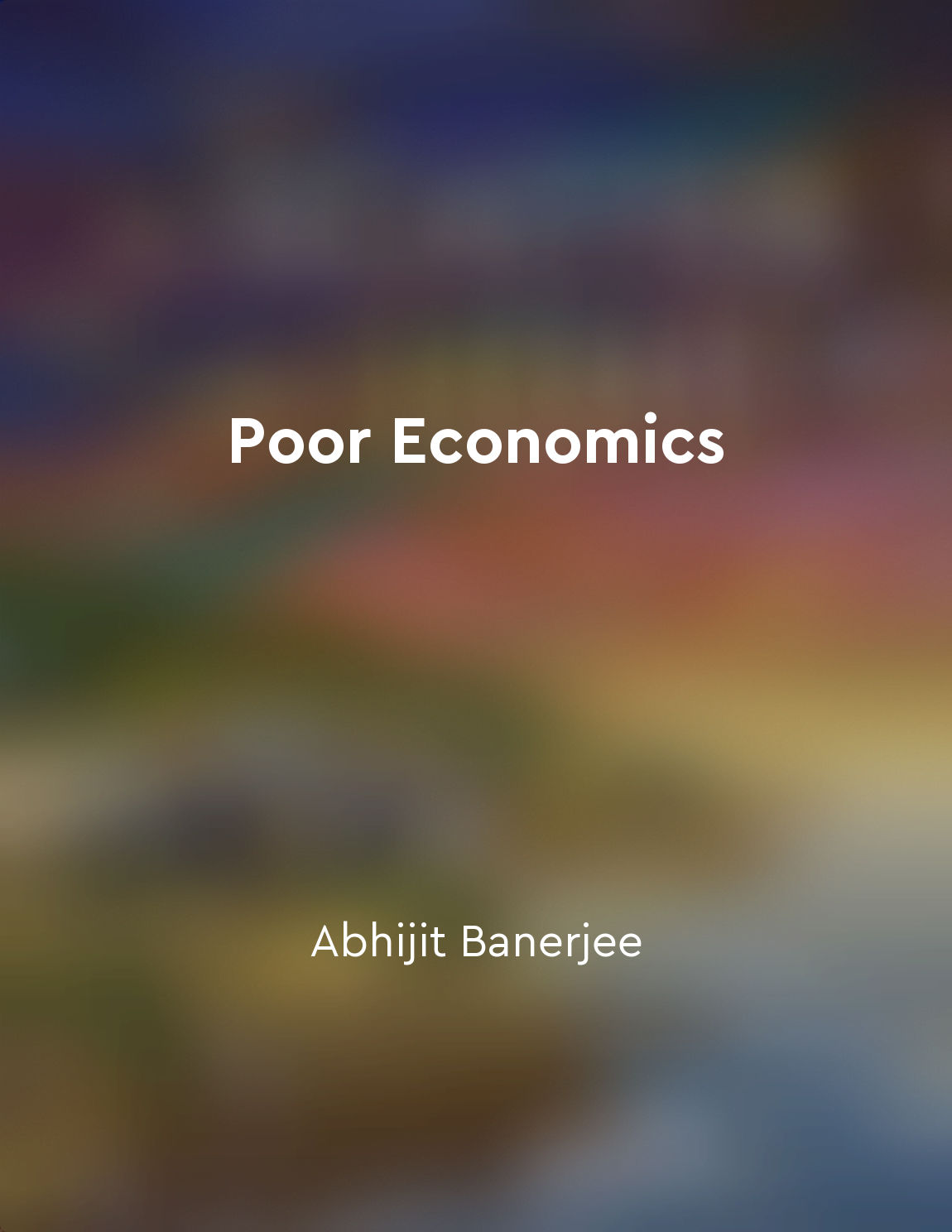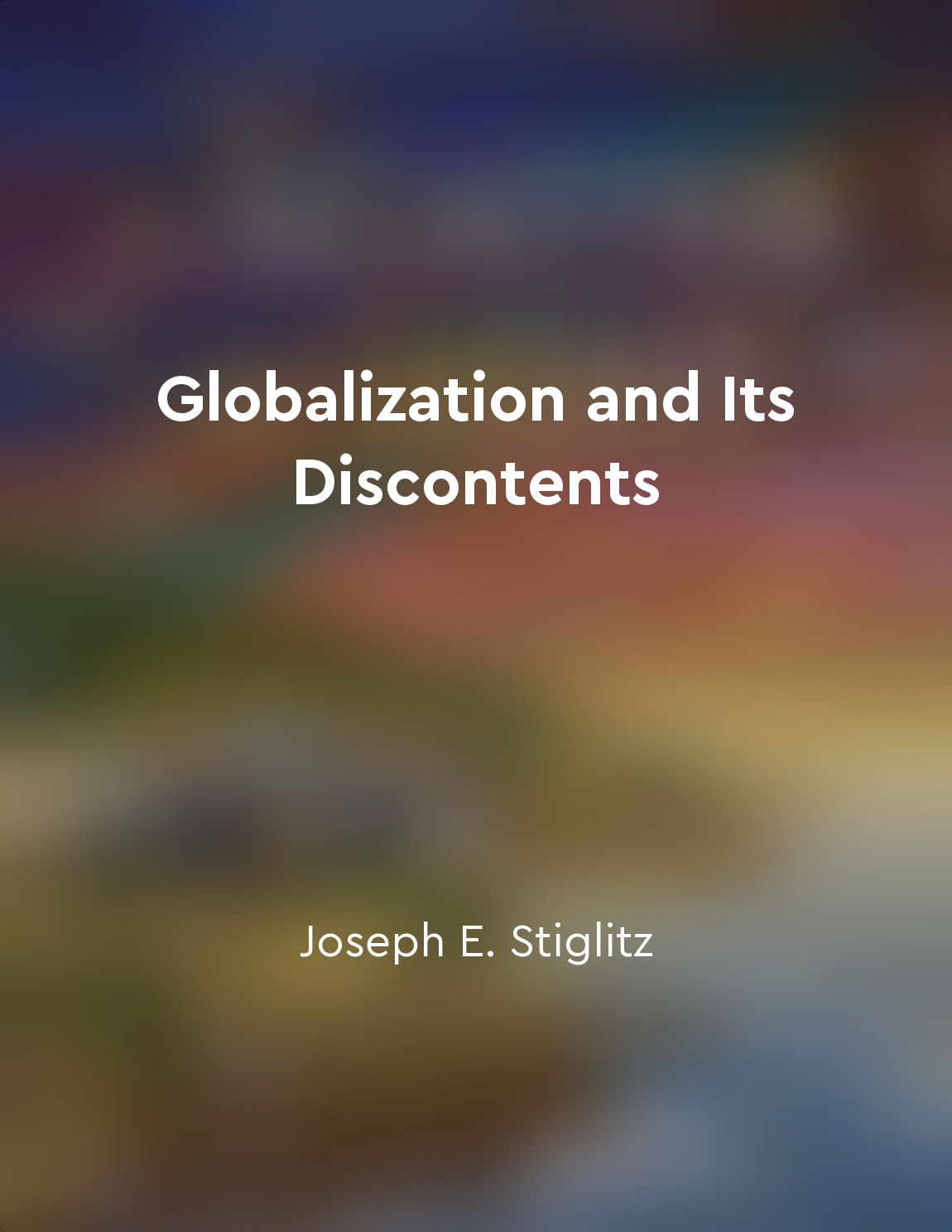Balancing the budget should not come at the expense of social programs from "summary" of The Deficit Myth by Stephanie Kelton
The idea that balancing the budget should not come at the expense of social programs is a crucial one that challenges conventional economic thinking. In traditional economics, there is a prevailing belief that a government must operate its budget much like a household, ensuring that its expenditures do not exceed its income. This mindset often leads to harmful decisions that prioritize budget balance over the well-being of its citizens. When policymakers focus solely on reducing the deficit, they may implement austerity measures that cut funding to essential social programs. This approach disproportionately harms vulnerable populations who rely on these programs for their basic needs. By sacrificing social programs in the name of budget austerity, policymakers are perpetuating inequality and neglecting their duty to care for their citizens. The truth is that a government's budget is not bound by the same constraints as a household budget. Unlike households, governments have the power to create their own currency and issue money as needed. This means that a government can never "run out of money" in the same way that a household can. Understanding this distinction is crucial in reshaping our approach to budgeting and social programs. Rather than fixating on balancing the budget, policymakers should prioritize the well-being of their citizens when making budget decisions. Social programs play a vital role in ensuring that all members of society have access to basic necessities such as healthcare, education, and housing. By investing in these programs, governments can create a more equitable and thriving society for all. In reevaluating our approach to budgeting, we must shift our focus from austerity to investment. By investing in social programs, governments can stimulate economic growth, improve public health and education, and reduce inequality. This approach not only benefits individuals and communities but also strengthens the overall economy.- The idea that balancing the budget should not come at the expense of social programs is a paradigm shift that challenges traditional economic thinking. By prioritizing the well-being of citizens over budget balance, governments can create a more just and prosperous society for all.
Similar Posts

Education is vital for a successful future
In our modern society, the importance of education cannot be overstated. It is the foundation upon which individuals build thei...
The Road to Serfdom begins with the dangers of centralized planning
Centralized planning, with its promise of efficiency and order, may seem like an attractive solution to the complexities of mod...
Western civilization is in decline
In every corner of the globe, the signs are ominous. The population of the West is aging and shrinking. The birthrate among nat...

Social networks can be key in helping individuals overcome poverty
Social networks can be critical in helping individuals escape poverty. The people we know and interact with regularly can provi...
Sovereignty is a precious gift that should be protected
The notion of sovereignty is not merely a dry legal concept, but rather a profound and invaluable gift that must be cherished a...
Importance of staying updated with current affairs
It is imperative to stay updated with current affairs in today's fast-paced world. The world is constantly changing, and it is ...
Technology has changed the way we work and communicate
The digital revolution has transformed the way we work and communicate, ushering in an era of unprecedented connectivity and ef...
Sustainable development
The problem of the industrial and commercial future of a country has been raised, dealt with, and disposed of in an extraordina...
Education matters in income
The relationship between education and income is a complex and multifaceted one. Education is not merely a means to acquire kno...

Regulatory oversight is essential to prevent financial crises
Regulatory oversight plays a crucial role in preventing financial crises. Without effective regulation, there is a greater risk...


